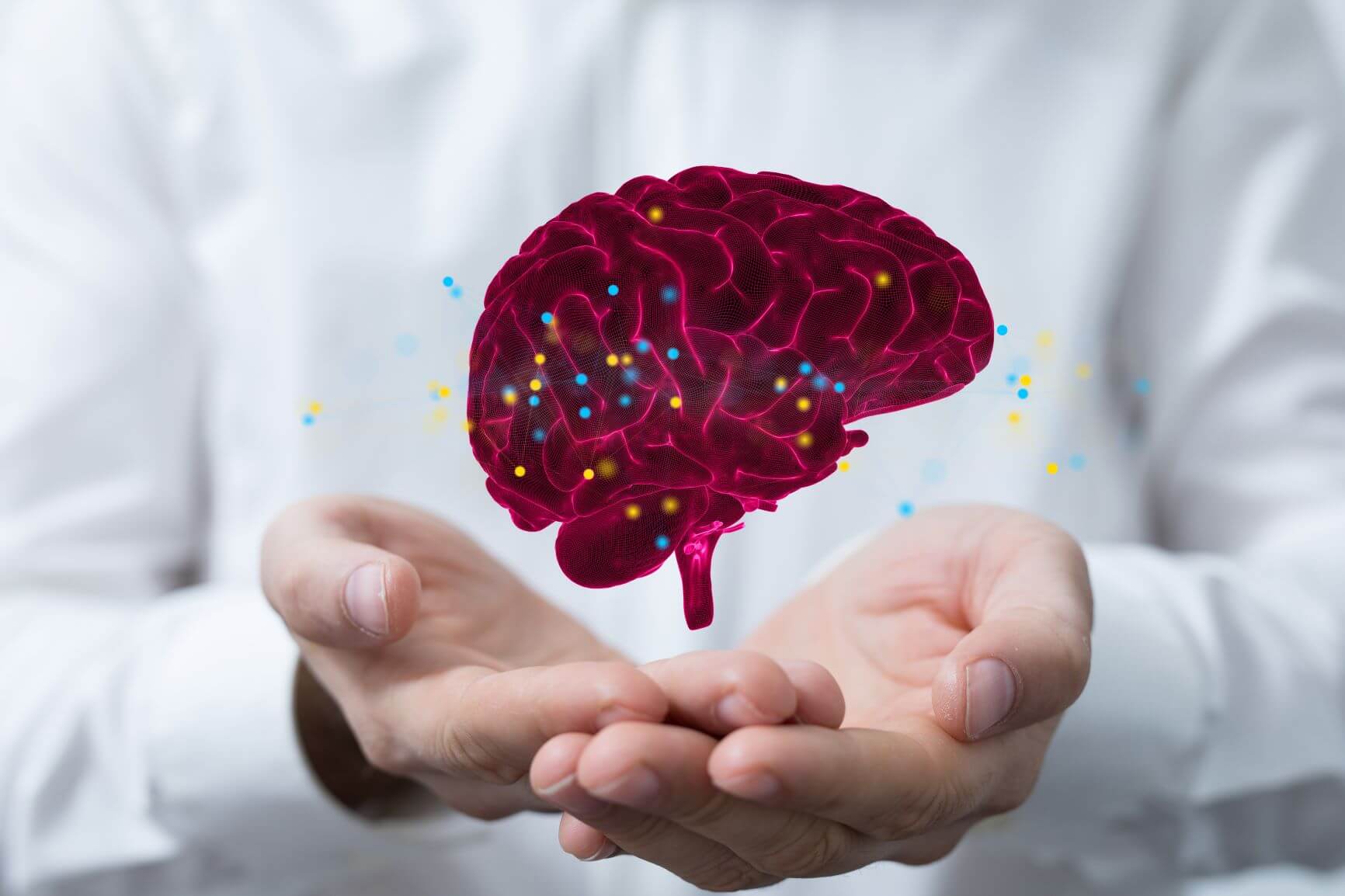The older we get, the more common it is to deal with memory improvement, especially for the over-55 population. Some degree of forgetfulness is natural as we age, but there are effective strategies to strengthen memory and enhance cognitive function in seniors.
This article will empower you with practical and effective strategies, from specific brain exercises for seniors to adopting new habits that maintain and improve cognitive abilities.
Ready to boost your brain health? Learn more about the Effectivate brain training software >>
Understanding the Causes of Memory Problems
Memory decline in later years is a complex issue with various contributing factors, including emotional stress, insufficient sleep, and certain medical conditions.
It’s crucial to differentiate between typical age-related memory lapses and more serious symptoms indicative of conditions like dementia or Alzheimer’s. This distinction is vital for peace of mind and for knowing when to seek professional advice.
Early Signs of Memory Loss
Early detection is key to managing and mitigating the impact of memory problems. Common early signs include misplacing items, difficulty recalling names or words, and trouble following conversations.
Recognizing these signs early allows for a proactive approach, enabling people to engage in a variety of strategies designed to strengthen their memory and enhance their overall cognitive health.
Improving Cognitive Function: Activities & Exercises
Engaging in activities that challenge the brain is a proactive approach to maintaining and improving cognitive function in seniors and the elderly.
By regularly challenging our minds, we not only keep them active but also support the development of new neural connections, which are crucial for enhancing memory and cognitive agility.
Brain Exercises for Seniors – Popular games
- Crossword Puzzles – A great way to stimulate the brain. They require problem-solving skills and improve vocabulary.
- Logic Puzzles – These puzzles require critical thinking and pattern recognition, essential for cognitive health.
New Skills for Brain Fitness
Learning new skills is a powerful form of brain training for seniors. It challenges the brain to adapt and create new neural pathways.
- Learning a New Language – This is very beneficial for brain health as it improves cognitive functions and memory.
- Playing a Musical Instrument – Learning an instrument like the piano or guitar involves coordination, note reading, and listening skills, all excellent for memory.
Recommended methods for memory improvement for the elderly >>
Social Engagement
Social interaction is a key component of brain fitness for seniors.
- Join a Club or Community – Participating in book clubs, gardening groups, or chess clubs trains the brain in social learning and memory retention.
- Volunteering – Offers social interaction and a sense of purpose, both essential for mental health and memory improvement.
Lifestyle Changes for Enhanced Cognitive Function
- Dietary Choices – A diet rich in fruits, vegetables, and omega-3 fatty acids supports brain health.
- Physical Activity – Regular aerobic exercises like walking or swimming not only benefit general health but also improve brain function and memory.
Effectivate: A Comprehensive Solution for Brain Training
We at Effectivate offer brain training for seniors with scientifically backed activities. Our program is adapted to the cognitive needs of this age group and provides a variety of engaging and challenging activities to stimulate the brain.
We understand the importance of variety in keeping the brain active, which is why our activities are different, ensuring our users not only improve their memory but also enjoy the process.
Our techniques are based on scientific research and have been proven to be effective in improving memory, providing our users with a reliable and research-backed solution.
Ready to boost your brain health? Learn more about the Effectivate brain training software >>










